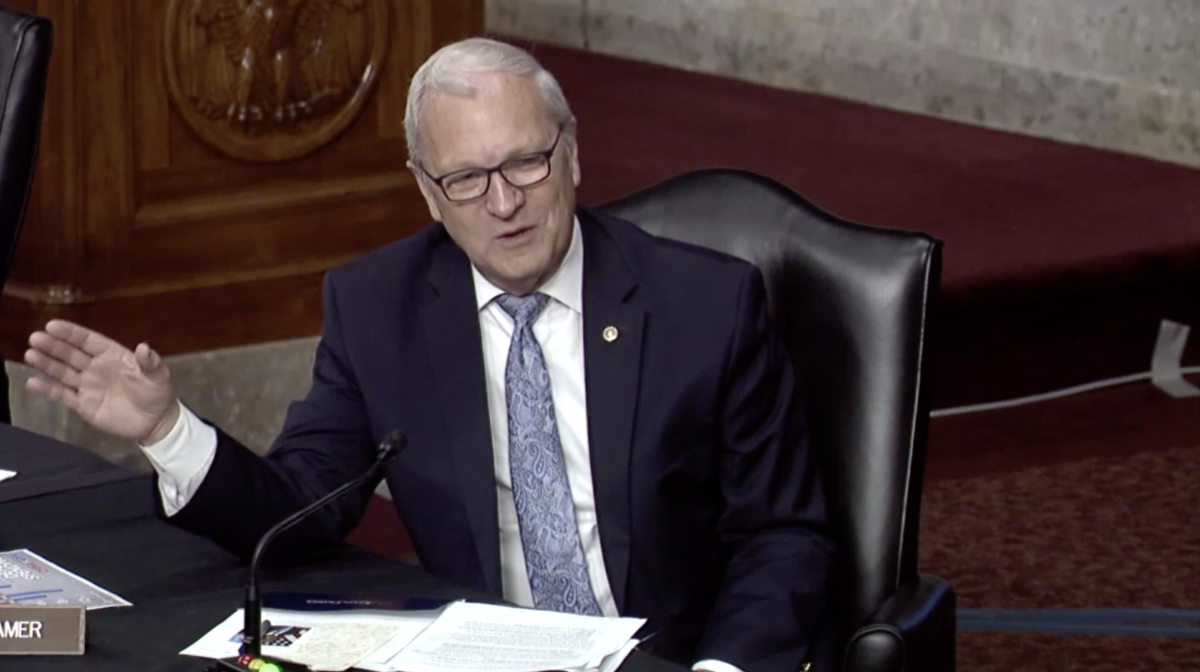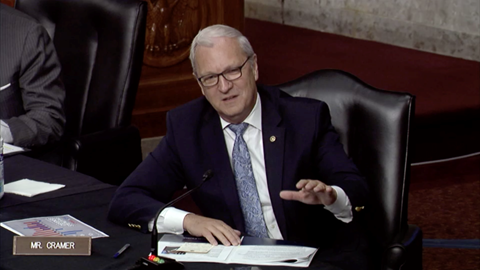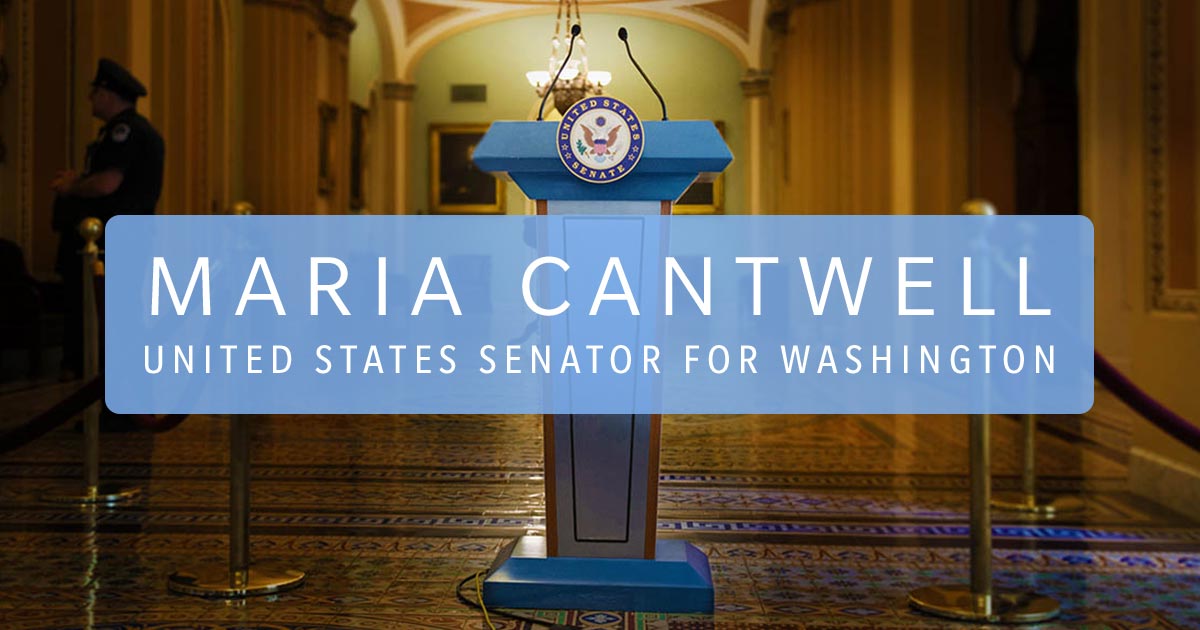Source: United States Senator for California – Dianne Feinstein
Washington—Senators Dianne Feinstein (D-Calif.) and Susan Collins (R-Maine) led a bipartisan group of 39 senators in calling for “robust funding” for the Peace Corps in fiscal year 2022.
“We write to you to request that you appropriate robust funding for the Peace Corps in Fiscal Year 2022 of at least $430 million,” the senators wrote in a letter to the chairman and ranking member of the Senate Appropriations Subcommittee on State and Foreign Operations.
“The Peace Corps, which celebrates its 60th anniversary this year, has had flat funding for the past six years at about $410 million annually, and additional support is more crucial than ever as it prepares to return volunteers to the field following the coronavirus pandemic.”
Full text of the letter follows:
June 10, 2021
The Honorable Chris Coons
Chairman
Senate Appropriations Subcommittee on State and Foreign Operations
Washington, D.C. 20510
The Honorable Lindsey Graham
Ranking Member
Senate Appropriations Subcommittee on State and Foreign Operations
Washington, D.C. 20510
Dear Chairman Coons and Ranking Member Graham,
We write to you to request that you appropriate robust funding for the Peace Corps in Fiscal Year 2022 of at least $430 million. The Peace Corps, which celebrates its 60th anniversary this year, has had flat funding for the past six years at about $410 million annually, and additional support is more crucial than ever as it prepares to return volunteers to the field following the coronavirus pandemic.
The Peace Corps provides Americans an incomparable opportunity to serve others. More than 240,000 Americans have served in the Peace Corps in 142 countries, providing more than three billion hours of service to our nation and to the world. As we begin to emerge from the pandemic, a renewed American footprint of Peace Corps Volunteers around the world will help our country’s diplomatic efforts and strengthen our country’s relationships around the world.
Maintaining a thriving Peace Corps is also in the national security interest of the United States. The American ideals of democracy, pluralism and individual rights are shared by Peace Corps Volunteers with every corner of the world, building bridges and enhancing America’s image abroad. These volunteers then return home with skills and expertise that make our communities stronger, contributing across all professional sectors of American society.
As you know through the critical work of your subcommittee, the Peace Corps also advances our country’s international development goals. Volunteer activity was dynamic before all 7,300 Peace Corps Volunteers and Trainees were recalled in early 2020 due to the COVID-19 pandemic. For example, 2,400 volunteers in a dozen countries worked in youth development projects, benefitting more than 170,000 young people with training programs and activities to assist them in becoming healthy and engaged citizens. This is but a sample of the multiple activities in which Peace Corps Volunteers were – and once again will be – engaged.
At this critical moment for America’s role in the world, funding for the Peace Corps should be increased to meet the current obstacles that we are facing. Doing so will ensure that the Peace Corps not only sustains robust programs and services in the face of deteriorating purchasing power, but returns to the field with vigor and American spirit, renewing the promise of its creation six decades ago.
Thank you for considering our request and for your enduring support for the Peace Corps.
Sincerely,
Dianne Feinstein
United States Senator
Susan Collins
United States Senator
Tina Smith
United States Senator
Jeanne Shaheen
United States Senator
Christopher Murphy
United States Senator
Tim Kaine
United States Senator
Sheldon Whitehouse
United States Senator
Thomas R. Carper
United States Senator
Richard Blumenthal
United States Senator
Elizabeth Warren
United States Senator
Margaret Wood Hassan
United States Senator
Tammy Baldwin
United States Senator
Mazie K. Hirono
United States Senator
Edward J. Markey
United States Senator
Chris Van Hollen
United States Senator
Ron Wyden
United States Senator
Joe Manchin III
United States Senator
Jeffrey A. Merkley
United States Senator
Brian Schatz
United States Senator
Michael F. Bennet
United States Senator
Richard J. Durbin
United States Senator
Martin Heinrich
United States Senator
Raphael G. Warnock
United States Senator
Maria Cantwell
United States Senator
Cory A. Booker
United States Senator
Debbie Stabenow
United States Senator
Angus S. King, Jr.
United States Senator
Mark R. Warner
United States Senator
Amy Klobuchar
United States Senator
Ben Ray Luján
United States Senator
Jacky Rosen
United States Senator
Benjamin L. Cardin
United States Senator
Jack Reed
United States Senator
Tammy Duckworth
United States Senator
Bernard Sanders
United States Senator
Kyrsten Sinema
United States Senator
Robert Menendez
United States Senator
Kirsten Gillibrand
United States Senator
Alex Padilla
United States Senator
###





